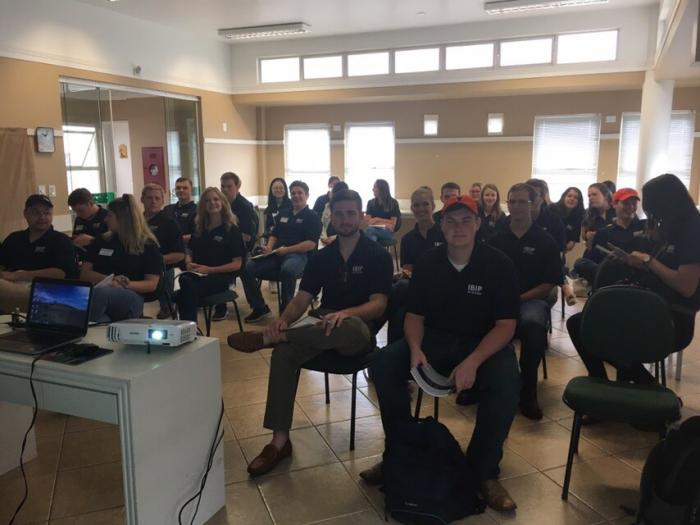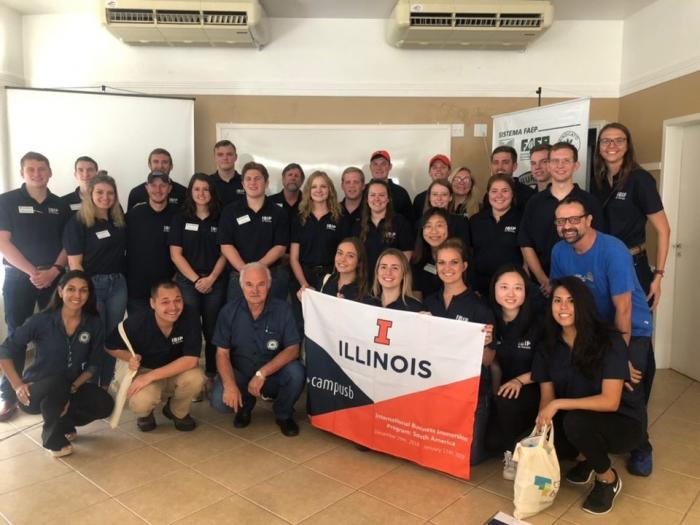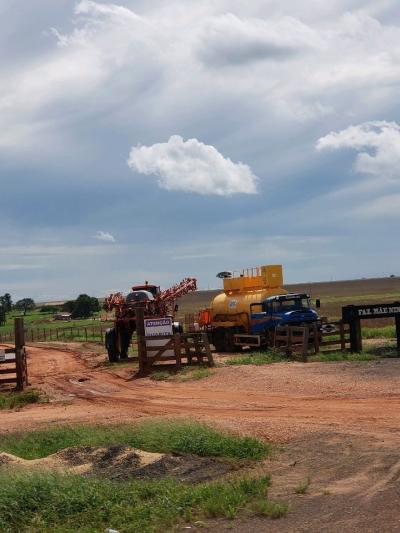Protecting Rural Rights in Parana

We had the opportunity to visit the Sindicato Rural de Toledo. Brazil has multiple syndicates because each state funds its own agricultural syndicate. Of these syndicates, the one in Parana provides the most to its members and has the strongest participation. The Sindicato Rural de Toledo was founded in 1967 and functions similar to the Farm Bureau Farm Management organization in the United States with several interesting exceptions. The notable exceptions come from the Sindicato Rural de Toledo providing health insurance and cell phone coverage. These services would not be available in rural areas of Parana normally which makes the services very attractive to members. Membership comes from paying a fee of 0.02% from the sale of agricultural goods grown in Parana. The other services available to members include political representation, gathering farm information, and management services for farmers. The political representation is very important due to bureaucracy in Brazil. The president of the syndicate represents all of the members at the local, state and federal levels of government. A notable example was the organization of a strike where farmers blocked off streets with tractors to persuade the governor to change his stance on genetically modified organisms. The syndicate gathers information from farmers in order to better understand agricultural practices and trends occurring in the region. Parana’s major agricultural products are swine, poultry, dairy, grains, and there is starting to be fish production. Trucks are limited to 60,000 lbs which is notably lower than the 80,000 lb limit in the United States. The difference comes from the quality of infrastructure located in Brazil in comparison to the United States. Services provided for farmers include preparing tax forms, production advice, health insurance, phone coverage, and much more.
The organization is proud of creating new programs for women in agriculture. The programs aim to increase the participation of women within the sector and show that there are plenty of opportunities for them to benefit in production agriculture. The syndicate holds conferences ranging from soybean production to educating the youth of Parana in agriculture. Youth ages 14 to 18 have the opportunity to participate in a program that provides a wide range of information about agriculture in Brazil that highlights potential roles that they can do upon completing their education. Overall, the organization is strong in the State of Parana and is planning to build a new headquarters to accommodate the growth seen over the years.

